The event was attended by Nguyen Trong Nghia, Politburo Member, Secretary of the Party Central Committee (PCC), and Head of the PCC's Commission for Communication and Education and the Commission for Mass Mobilisation; Nguyen Kim Son, Member of the Party Central Committee, Secretary of the Party Committee, and Minister of Education and Training; along with senior officials from both institutions.
Presenting the draft programme, Deputy Minister of Education and Training Pham Ngoc Thuong stated that the programme focuses on five key areas.
Speaking at the event, Nguyen Trong Nghia emphasised the crucial role of education and training in national development. He stated: “The country is entering a new phase of development, driven by great aspirations and a strategic vision. In this context, education and training continue to be identified as one of the most vital strategic solutions and a top national priority in achieving the objectives set for the 100th anniversaries of the Party and the country. To succeed, we must begin with education and training.”
Citing key policy documents such as Resolution No. 57-NQ/TW on the development of science, technology, innovation and digital transformation; Resolution No. 66-NQ/TW on reforming the legal system; and Resolution No. 68-NQ/TW on developing the private sector, he stressed that all place strong emphasis on the need to prioritise human resource development.
He urged the Ministry of Education and Training, together with the Party commissions, to continue playing a strategic advisory role, innovate public communication, and make effective use of digital platforms to disseminate the Party’s and State’s policies. He also called for a stronger focus on ideological education, traditional values, and building a Vietnamese value system among the younger generation.
In particular, he highlighted the need to identify, nurture and develop talent in fields such as culture, the arts and social sciences, which currently lack adequate policies, mechanisms and investment resources. He also supported the proposal to reintegrate vocational education into the Ministry of Education and Training to ensure strategic coherence, reduce resource fragmentation, and move towards a “practical university” model similar to Switzerland’s — aiming to train human resources with both moral integrity and professional competence.
Minister Nguyen Kim Son affirmed that, in the context of institutional reform aimed at building an efficient, streamlined apparatus, the Party Committee’s communication and mobilisation work must undergo a fundamental transformation to meet new demands.
Notably, the Minister of Education stressed the importance of reviewing a decade of implementation of Resolution No. 29-NQ/TW on the fundamental and comprehensive reform of education and training, which will form the basis for the Politburo to issue Conclusion No. 91-KL/TW, and for the continued rollout of Resolution 29 in the coming period.
The signing of the 2025–2030 cooperation programme marks an important milestone, laying the foundation for more effective collaboration and contributing to the successful realisation of comprehensive educational development goals that meet the demands of national progress in the new era.
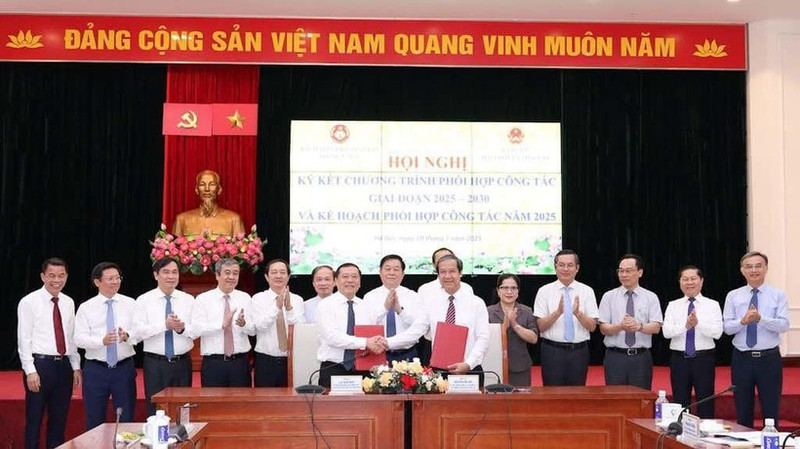
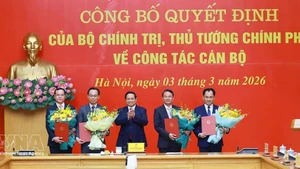
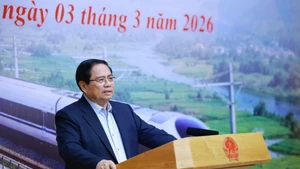
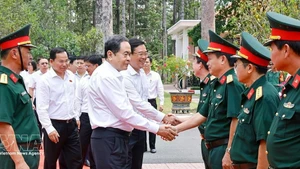
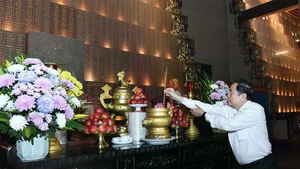
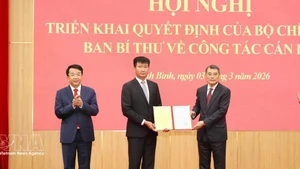
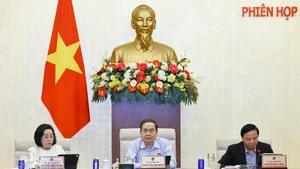
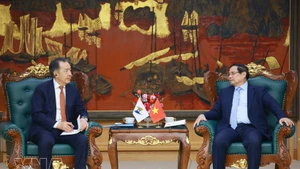
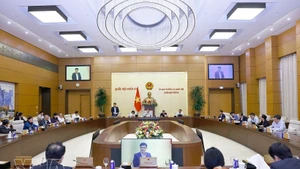
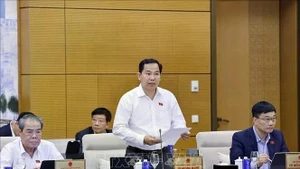
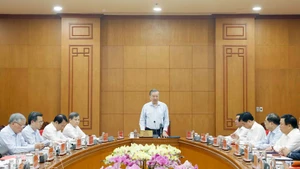
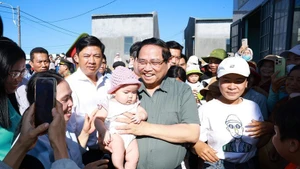
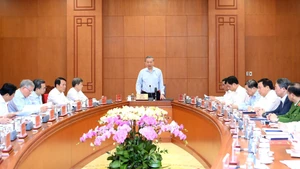
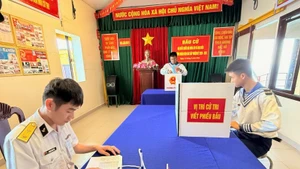
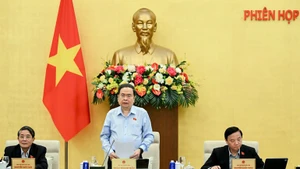
![[Video] Truong Sa's soldiers, residents ready for election day](https://en-cdn.nhandan.vn/images/f1d40292161293ec0cfc54f6f7bc133a6bbf8f5786a71df650a63a6227ff35da26ecfd78165d9aec37ebbf9c050c10f96ae70becd9f49b834a8b9195e077c25b/1080.jpg.webp)